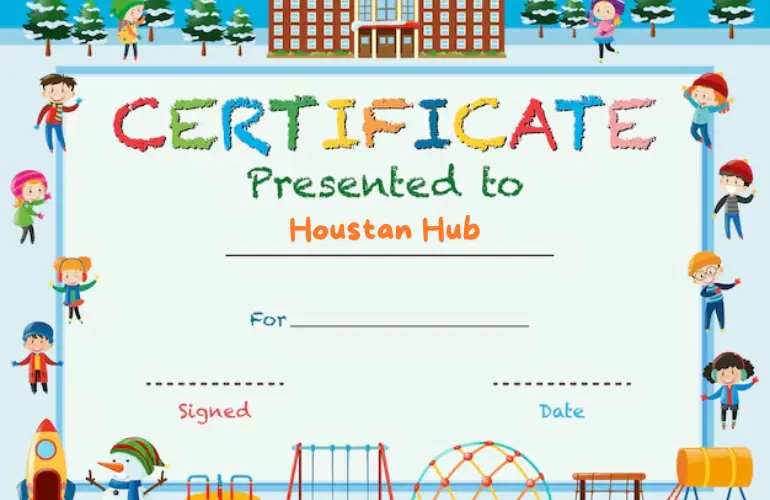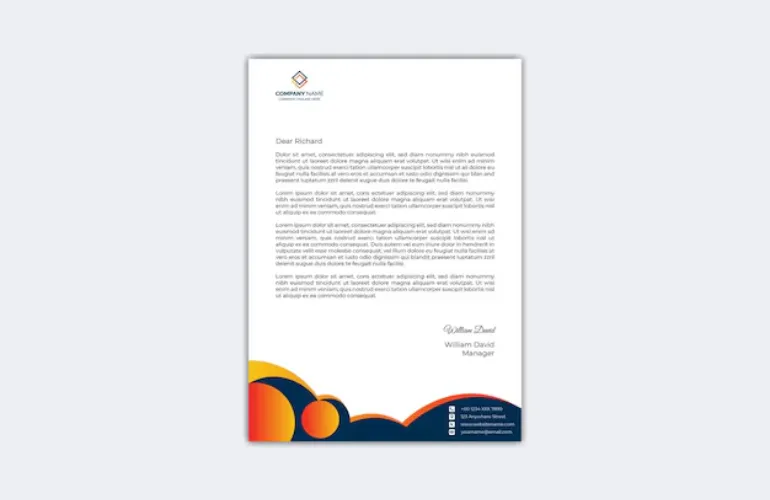Pursuing an early childhood education certificate can be a pivotal step in a rewarding career in education. Besides, this certification provides an opportunity to receive different teaching assignments and improve skills in working with children. As such, if you’re willing to build your career in this direction, then it’s important to note these features that affect your choice and help fully leverage your educational process.
An early childhood education certificate is a professional qualification that will prove your proficiency and knowledge of early childhood and education. This qualification is aimed at those students intending to work with children from birth up to early years of age from 3-8 years. Upon gaining this certificate, one will be in a better position to assist the young children to develop their cognitive, social, as well as emotional development in their education process to foster their success.
Why an Early Childhood Education Certificate Matters
An early childhood education certificate is more than just a document; rather it is a promise to work towards the well-being of the young children. The purpose of this certification is for academicians to understand, promote and facilitate early childhood learning environments appropriate for each child. It also prepares professionals with the knowledge and strategies that can enhance the development of an inclusive classroom climate which supports students’ academic as well as socioemotional learning.
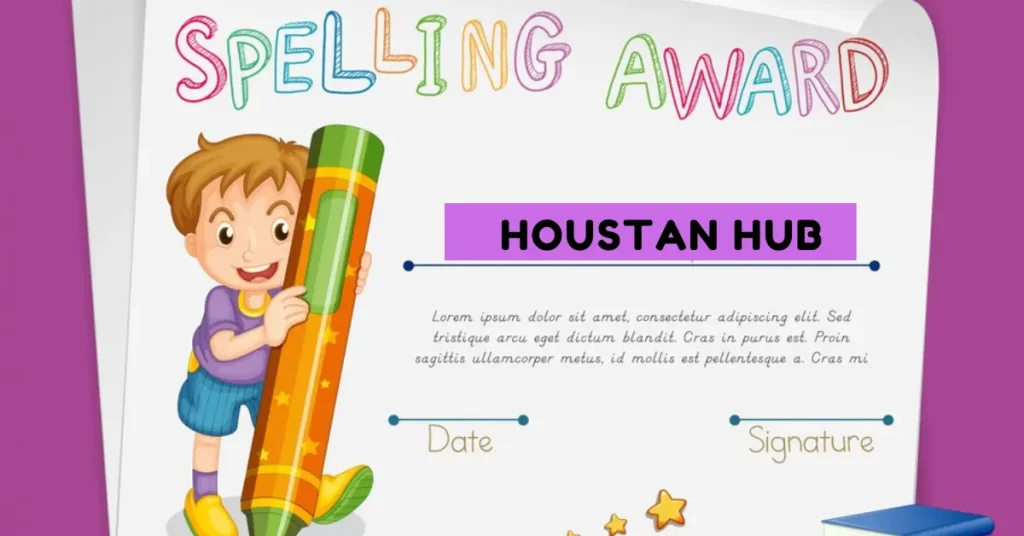
This makes an early childhood education certificate valuable since it determines the places one can get a job as well as the stability of the position. This would enable one to take up positions as a preschool teacher, director in a child care center or early education consultant. However, today many employers demand it or, at least, want candidates with this certification as it shows that the person works professionally.
Key Considerations When Pursuing an Early Childhood Education Certificate
1. Accreditation and Program Quality
Remember when choosing a program for your early childhood education certificate, it should be accredited to a reputable body. It also ensures that the program is of quality education and that the instructors too offer quality education to their students. It is recommended to search for programs certified by some specialized associations, for example, the National Association for the Education of Young Children (NAEYC) or any other similar association. Besides its contribution to adding value to the certificate that will be issued to you, accreditation also makes sure that you cover all aspects of the course in a professional way.
Holding an accreditation is a sign that the program under consideration has the most recent education practices and research results. Moreover, accreditation has direct implications for the transfer credit situation, in case you choose to further your education area, such as an early childhood education degree. Thus, the accreditation of a program remains one of the critical determinants of your education process.
2. Curriculum and Specializations
Particular courses that should be important for an early childhood education certificate are the ones that teach about child development, pre-reading, and how to teach young children. It should also contain the key aspects of practice like teaching management and ways of tests and assessments. With a well balanced program, you are able to tackle different issues that may crop up in a context of early childhood education. Learn More about this.
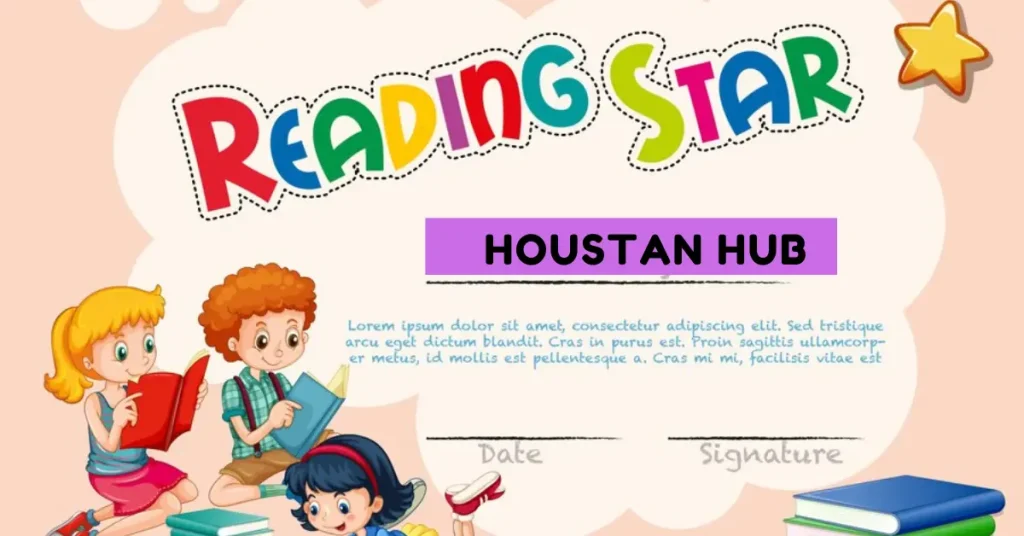
Some of the things to think about include whether the program has specializations that interest you. Some of the specifications could encompass such fields as, for instance, special education, bilingual education, or early childhood mental health. Selecting an area of focus that will enable you to match your choice to the career you have in mind will give you a sense of focus, and equip with skills you require to perform well as a teacher. Specializations can also help you in the process of job search as they indicate to employers that you have a certain sphere of expertise within the field of early childhood education.
3. Practical Experience and Internships
This means that the early childhood education certificate programs should not be complete without some practical experience. Search for courses with internship chances or institute-related practice sessions. By interning in those facilities, one is able to practice theoretical learning with face reality in the actual classroom in regard to the routine duties of an early childhood educator. Internships also enable one to create networks together with essential practical experience that will be useful in one’s working future.
When you intern, you will be able to interface with children, develop and execute learning activities, and it will enable you to share ideas with other professional teachers. This practice is highly beneficial since the teacher really gets a feel of what it is like to teach and improve on his/her techniques, builds on self-efficacy, and appreciates the dynamics of the early childhood education setting.
How to Choose the Right Program for You
It is important when selecting an early childhood education certificate program to consider the location of the program, the cost of the program as well as the duration of the program. Search for different institutions to try to select an appropriate program to fit with your timetable and pocket. Some programs may be partially or totally online or hybrids and can thus be convenient if you are working or have other responsibilities.
Finally, interview current students or alumni of that program and get an overview of what those people have to say. It includes information about successes and weaknesses of the program, as well as recommendations on how to get the best outcome of the program.
1. What is the difference between a certificate and a degree in early childhood education?
A certificate in early childhood education usually covers the basics of entry level skills and information necessary for functioning as an early childhood educator, degree offers a broader education which may be essential for higher positions or promotion to leadership positions in early childhood education setting. This may be true but a degree program normally has a wider curriculum and has extra options for specialization.
2. How long does it take to earn an early childhood education certificate?
The time taken to complete the certificate program depends on the specific college or university that one attends and the type of program attended; that is, full-time or part-time. In general, to obtain the certificate, it will be possible to spend from half a year to two years. There are some programs that can be taken at an accelerated pace for those who would want to finish the course earlier.
3. Can I pursue an early childhood education certificate online?
Sure, there are a number of institutions today providing online programs for early childhood education certificates. Flexibility is offered by these programs to individuals such as working people and others with other activities. Online programs comprise classes and resource material and students are able to carry out their work in a virtual classroom.
4. What are the career opportunities with an early childhood education certificate?
Early childhood education certificate allows you to work as a preschool teacher, a head of a child care center, an educational coordinator and many other jobs related to young children. The certificate can also act as a base for higher learning and increased and better job opportunities.
5. Are there any continuing education requirements for maintaining certification?
Indeed, some states and organizations specify conditions according to which professional development or continuing education is mandatory to retain certification. The subject does require some training and the requirements vary from one state to another, so it is advisable to keep abreast with these requirements.
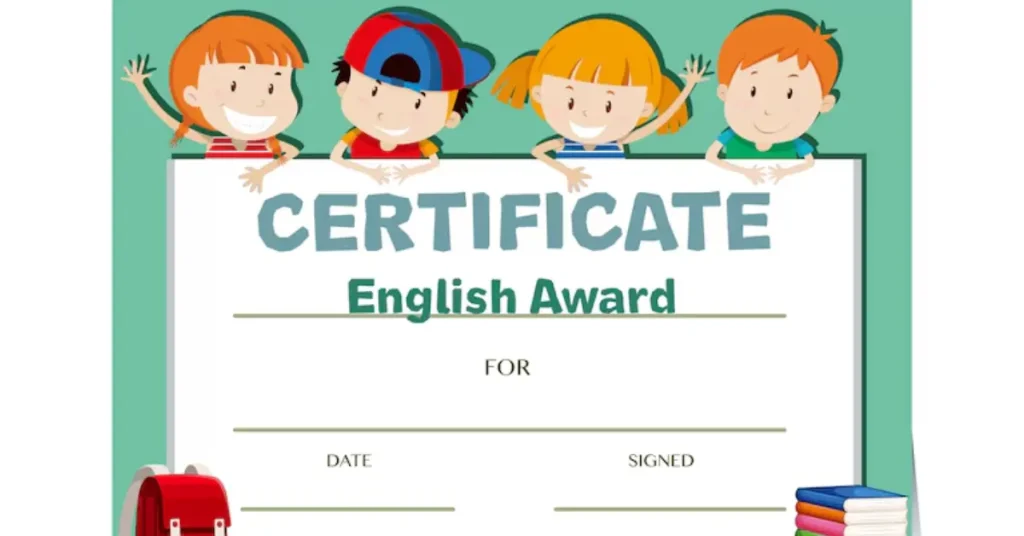
Conclusion
Early childhood education is a very important field which is why a certificate in this area can be very helpful when it comes to teaching children. Some of the areas of concern which are important when selecting a program include accreditation, course offering, and Field experience. Therefore, taking the right decisions and choosing the right program of study will make it easier for anyone to excel in early Childhood Education.
Getting this certificate is not just an academic advancement, it is a declaration of being ready to cultivate the growth of young children as well as contributing to the positive nature of young children’s early education. Earning an early childhood education certificate is giving you power to positively influence the lives of the young learner in a fashion that will enhance their learning and education processes for the rest of their lives.

